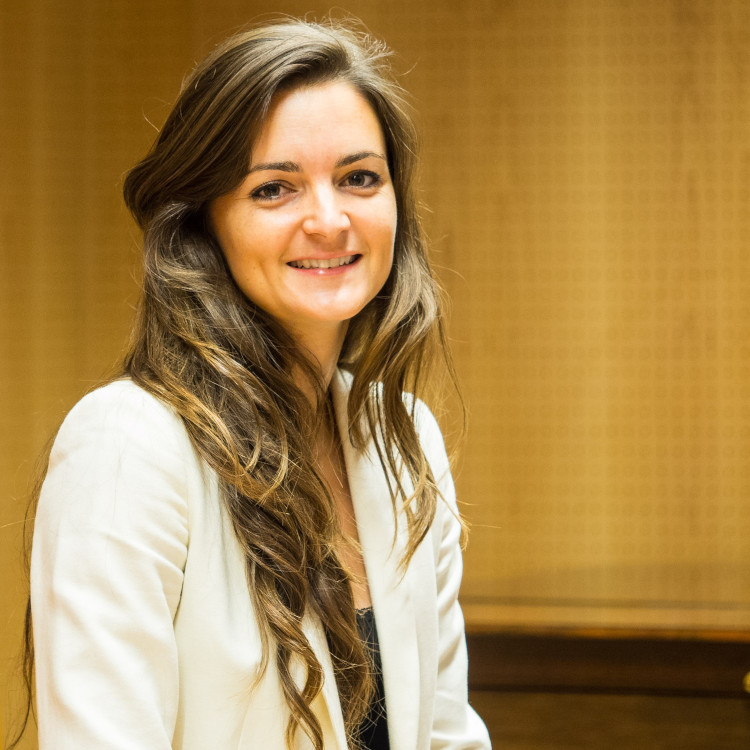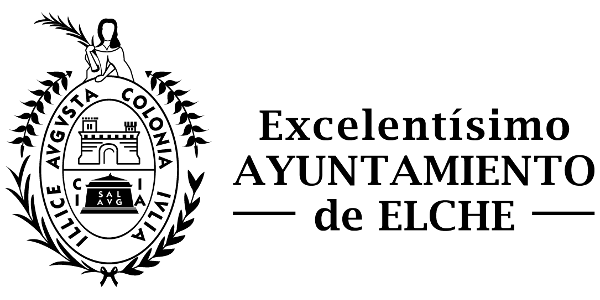Speaker

AMAIA HALTY BARRUTIETA
COMILLAS PONTIFICAL UNIVERSITY. SPAIN
Dr. Halty is a contracted researcher at the Institute of Family at the Universidad Pontificia Comillas. Since 2012, she has conducted research and knowledge transfer focusing on early bonds and parenting development. She is a member of Primera Alianza, a research project funded by Porticus Iberia (2012-2018), and has contributed to various competitive projects related to parental capacities such as “Parenting at risk: mentalization and parenting styles” (ACM2022_28); “Child in mind: construction of assessment instruments for parental reflective function, based on the PDI” (ACM2021_36 and ACM2020_33). Dr. Halty teaches at the Faculty of Humanities and Social Sciences, in Psychology degrees.
She is part of the research team for the European project “Alliance for the Implementation of the Family Integrated Care model (FICare) in Neonatal Intensive Care Units,” and her own project “Psychological well-being in the perinatal period and quality of mother-baby bonding.” She has contributed to the development of a support program for women from pregnancy to two years postpartum commissioned by the Directorate General for Childhood, Family and Promotion of Birth (“Development of the pilot project for home visits in the Community of Madrid”; 10/2021-12/2021), and represents the IUF as a partner in the Spanish-speaking Perinatal Mental Health Network. Dr. Halty has participated in 21 research projects, focusing on the perinatal period, early bonding, or parenting, and has published a total of 9 articles in indexed journals. She is co-author of 2 books and has conducted over 25 training courses for professionals in family intervention.
From Perinatology to Early Childhood: Keys to Quality Maternal-Infant Bonding

Establishing a quality maternal-infant bond is essential for the child’s subsequent development (cognitive, social, and emotional levels), the mother’s mental health, and the quality of the relationship between them. Therefore, placing this bond at the center of therapeutic work in perinatal psychology, child psychology, and related research fields is crucial. The proposed symposium aims to present findings from four studies addressing various risk and protective factors (for both mother and child) influencing the quality of the maternal-infant bond, from the perinatal period through vulnerable contexts in early childhood.
The first study focuses on establishing this bond during pregnancy, where the quality of the maternal-fetal bond predicts the quality of mother-child interactions postpartum. Perceived social support from the partner emerges as a protective factor for fostering positive pregnancy experiences. The second study examines how a mother’s childbirth experience, particularly traumatic birth experiences due to obstetric violence, can impact the maternal-infant bond’s quality. Postnatal traumatic stress symptoms may lead to feelings of rejection toward the child, underscoring the need for improved obstetric practices.
The third study presents longitudinal research tracking maternal mental health factors across different perinatal stages, revealing their influence on the maternal-child bond at 18 months postpartum. Perinatal depression and post-traumatic stress prove significant mediators hindering maternal-infant bonding beyond the child’s first year. Lastly, the fourth study addresses maternal-infant bonding in vulnerable contexts like prematurity, examining its impact on neurodevelopment in extremely preterm infants during their first three years, as well as parental mental health in Neonatal Intensive Care Units, and overall maternal-infant bonding quality.
Together, these studies highlight the complexity and importance of social and psychological variables (both maternal and child) in establishing a quality maternal-infant bond during different perinatal stages. The symposium proposes a multidimensional approach to understand and address these factors, providing a robust foundation for clinical interventions and health policies aimed at enhancing the well-being of both mothers and children.










